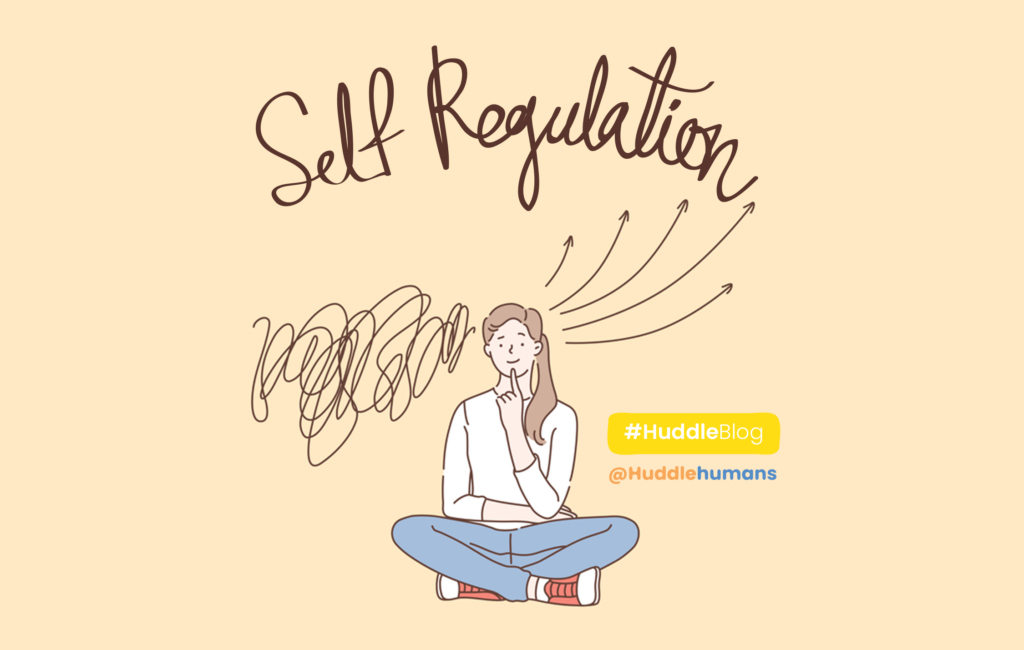Self-regulation allows us to manage our behaviours, emotions, and thoughts. This will enable us to manage disruptive emotions, thoughts and impulses whilst pursuing our long-term goals.
Having poor self-regulation can lead to many problems in life. One example could be a child yelling or hitting other children when they get angry. This can lead to the child being reprimanded and being disliked in social groups. Another example could be an adult at their job losing their self-control and lashing out at a customer if they have been highly critical of your work. Self-regulation in this instance would mean being able to keep calm and not react in such a stressful situation.
By consciously processing our feelings and instilling a positive outlook when encountering challenges, we would be able to be more consistent, reliable, and considerate towards others.
Here are some benefits when you improve on your self-regulation skills:
1) Increased functioning in social and academic settings
2) More connected with oneself
3) Being able to problem-solve better
4) Happier daily lifestyle
5) More positive relationships formed
Self-regulation is an ongoing process that requires self-reflection, practice and dedication. It is about being adaptive and making changes when needed according to your life goals. Life and work can be very stressful at times and by utilising self-regulation techniques, you will be able to cope better during trying times to find a more meaningful, positive, and balanced lifestyle.
Here are some effective techniques you can utilise to develop your self-regulation abilities:
1) Mindfulness – Mindfulness has been shown to improve attention span which helps regulate negative emotions. It also improves focus levels and feelings of calmness and relaxation.
2) Journaling – Journaling helps you to clear your mind and slow down your thoughts when things get rough. Journaling can help clear your mind by processing your day and reflecting if it has been a positive or negative experience.
3) Self-awareness – Self-awareness is a core element of self-regulation. One good way to practice self-awareness is to draw up a list of your strengths and weaknesses. Identify things that trigger or set you off and replace these behaviours with positive alternatives.
4) Goal setting – Reaching goals can affect motivation, self-efficacy and learning levels, which are essential to self-regulation. Try establishing clear and simple goals and focus on carrying out positive actions to reach these goals.
In essence, self-regulation is a vital component of daily living. Being able to be in touch and understanding your feelings and emotions will allow you to feel more confident and capable of coping with the normal stresses and disappointments in life.





